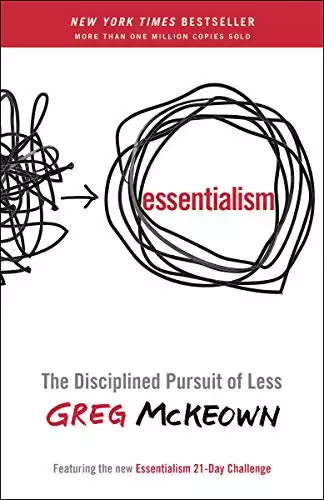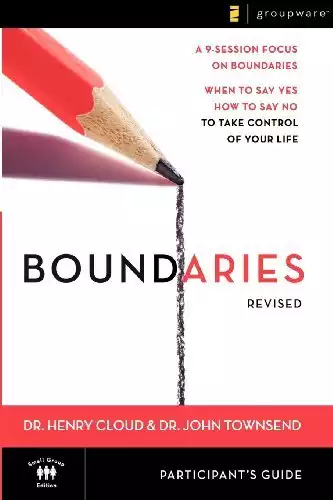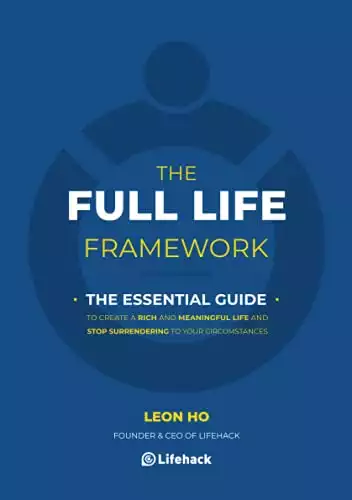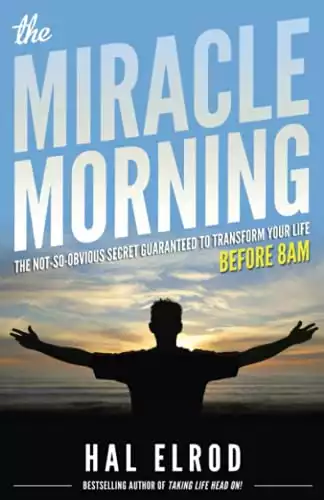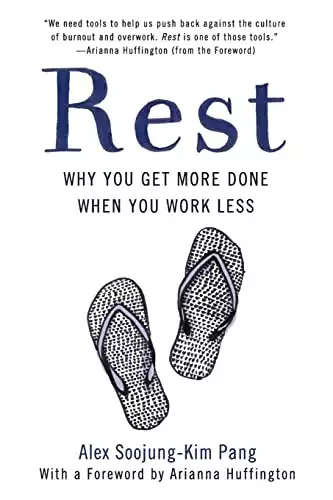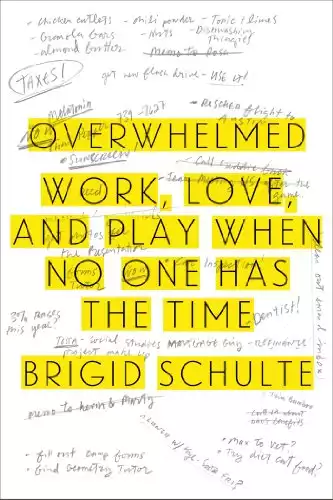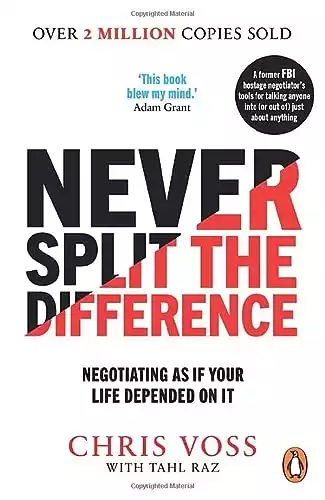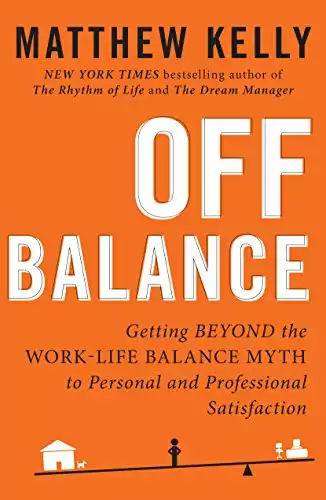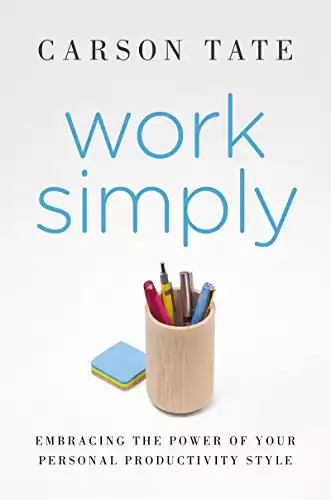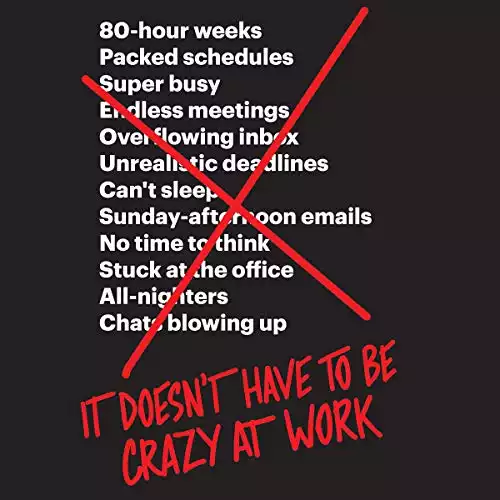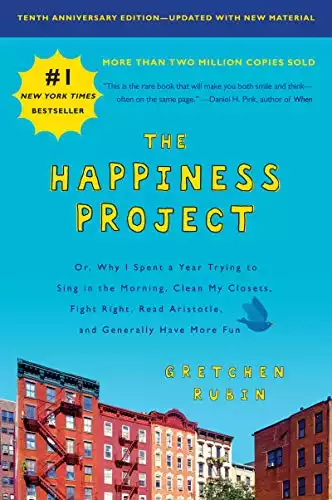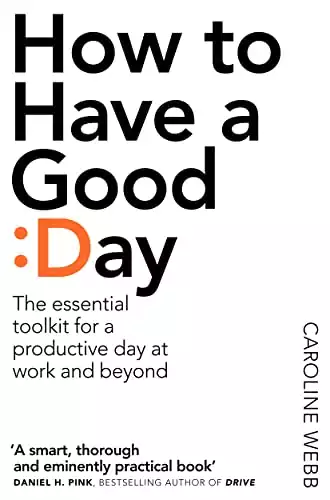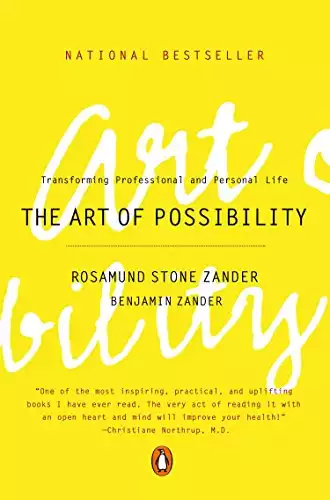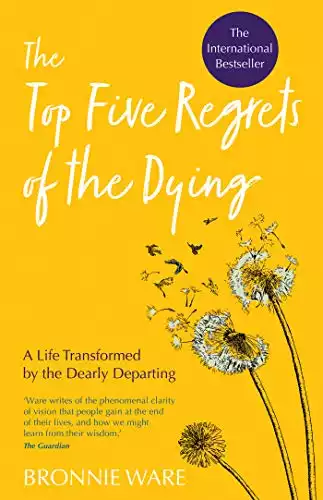- October 16, 2024
15 Work-Life Balance Books to Help You Take Control of Life
- September 04, 2023
- in Motivation
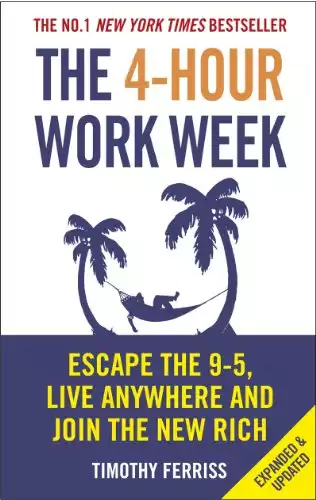
In today’s digital era, the lines between work and life have wilt increasingly blurred.
A recent survey[1] paints a concerning picture: 65% of individuals state that their remote work schedules have them clocking in increasingly hours than they used to. Plane increasingly striking, two-thirds of full-time US workers can’t confidently say they’ve nailed the work-life balance.
But getting your life on an plane keel is essential. In the frenetic pace of today’s world, where tasks and distractions compete for our attention, achieving a state of equilibrium between work and personal life isn’t just for inner peace. It’s vital for mental well-being, productivity, and maintaining healthy relationships. Without it, we risk burnout, strained relationships, and a loss of purpose. In essence, wastefulness is the vise that keeps us grounded surrounded the storm.
How can you regain that elusive equilibrium? Books. And not just any – we’ve cherry-picked 15 titles, loaded with tales of success, firsthand experiences, transformative advice, and violating tips from those who’ve walked the tightrope and found their balance. These aren’t mere pages; they’re power-packed tools to shift your thinking and reshape your daily grind. Ready to swoop in? Here are the 15 work-life wastefulness books set to recalibrate your compass.
In an era where remote work has wilt the new normal, many of us find ourselves entangled in an ever-tightening mesh of tasks and demands. A survey[2] offers a telling glimpse: 65% of individuals state that their remote work schedules have them clocking in increasingly hours than they used to. Plane increasingly striking, two-thirds of full-time US workers can’t confidently say they’ve nailed the work-life balance.
In a time where every bleep and notification competes for our gaze, finding that equilibrium between professional obligations and personal time isn’t just well-nigh tranquility. It’s well-nigh mental health, stuff productive, and nurturing those immuration we hold dear. Lose this balance, and we drift, risking exhaustion and disconnection.
Now, how does one reel when this equilibrium? Well, I’ve handpicked 15 books to help guide you.
Why books? Because they’re treasure troves. Each page brims with the wisdom of those who’ve been there and washed-up that, offering tales of triumphs, failures, and insights. Such narratives don’t just present tips; they reshape how you view the world and operate within it.
So, eager to discover a tabulation to balance? Here are the 15 titles I recommend.
15 Inspiring Work-Life Wastefulness Books
Let’s swoop straight into these titles. Each has a nugget (or several) of wisdom to offer:
1. “The 4-Hour Workweek” by Timothy Ferriss
Ferriss revolutionizes the traditional 9-to-5. He introduces methods to streamline work, emphasizing that a shorter workweek leads to a well-turned life where passions outside of work can thrive.
He details strategies like the 80/20 rule, where 80% of outputs come from 20% of efforts, advocating for focused work. He moreover promotes the idea of ‘selective ignorance’—ignoring or lamister unnecessary information or tasks to maintain a well-spoken mind and a well-turned life.
By trimming your work commitments lanugo to their essence, you’re not just ownership time, but redefining what ‘busy’ truly entails.
2. “Essentialism: The Disciplined Pursuit of Less” by Greg McKeown
McKeown drills lanugo on the idea that doing everything is counterproductive.
He provides a detailed process to discern what’s veritably essential at work and how to eliminate the rest. He advocates for quality over quantity, ensuring there’s time left for personal rejuvenation, achieving a well-turned life.
3. “Boundaries: When to Say Yes, How to Say No to Take Control of Your Life” by Henry Cloud and John Townsend
Boundaries are vital for maintaining sanity in work and personal spaces. By saying ‘no’ when needed at work, you ensure personal time remains undisturbed and fulfilling.
This typesetting provides strategies for setting and maintaining well-spoken boundaries at work, preventing tasks or responsibilities that aren’t yours from eating into your personal time.
4. “The Full Life Framework: The Essential Guide” by Leon Ho
I wrote this typesetting without realizing that ignoring any zone of life might rationalization the other aspects to suffer. I used to be a workaholic, and disregarding my health and spending time with my family caused me to struggle.
After a lot of research and experimenting with numerous approaches to transpiration my life, I ripened The Full Life Framework to wastefulness the 6 essential areas of life with life skills that can harness our strengths and thrive in variegated aspects of life.
5. “The Miracle Morning: The Not-So-Obvious Secret Guaranteed to Transform Your Life (Before 8AM)” by Hal Elrod
Elrod underscores the power of mornings. He breaks lanugo the six practices of Life S.A.V.E.R.S. (Silence, Affirmations, Visualization, Exercise, Reading, and Scribing) to structure your mornings, ensuring you have personal growth time surpassing work begins.
By dedicating early hours to personal growth, we can set the tone for a day where work demands don’t entirely slosh personal time.
6. “Rest: Why You Get Increasingly Washed-up When You Work Less” by Alex Soojung-Kim Pang
Here’s a refreshing paradox: rest more, unzip more. Pang beckons us to reconsider our reverence for the non-stop hustle.
He introduces the concept of ‘deliberate rest’ and how upper performers integrate rest into their routines, arguing that scheduled breaks during work can lead to higher productivity and personal time.
7. “Overwhelmed: Work, Love, and Play When No One Has the Time” by Brigid Schulte
Schulte uncovers why people finger ‘time confetti,’ moments of self-ruling time sprinkled throughout a rented day. She offers solutions on how to cluster these moments for meaningful personal experiences surrounded work.
By reconfiguring our relationship with time, we can unzip a work-life rhythm that feels less frantic.
8. “Never Split the Difference: Negotiating As If Your Life Depended On It” by Chris Voss
Voss, a former FBI negotiator, sheds light on negotiation in daily scenarios. He provides negotiation tactics like ‘mirroring’ and ‘labeling’ that can be used to manage workplace expectations, ensuring you’re not overburdened and still have personal time.
9. “Off Balance: Getting Beyond the Work-Life Wastefulness Myth to Personal and Professional Satisfaction” by Matthew Kelly
Kelly dismantles the traditional work-life wastefulness concept. Instead, he promotes seeking satisfaction in both domains, leading to a naturally well-turned life.
He provides a system to score personal and professional satisfaction levels, permitting us to see where we need rebalancing, ensuring neither work nor life feels shortchanged.
10. “Work Simply: Embracing the Power of Your Personal Productivity Style” by Carson Tate
Tate suggests that understanding our unique work style can lead to faster task completion, leaving increasingly room for personal time and ensuring balance. He categorizes people into four productivity styles, detailing how each can optimize work.
Recognizing and working within our style can cut lanugo on work hours, freeing up personal time.
11. “It Doesn’t Have to Be Crazy at Work” by Jason Fried and David Heinemeier Hansson
Fried and Hansson make a specimen versus upturned workplaces as a wifely work environment leads to focused tasks, ensuring that work ends on time and personal life isn’t compromised.
They highlight practices they’ve implemented at their company, Basecamp, like the ‘No Talk Thursdays’ ensuring focused work, leading to increasingly personal downtime.
12. “The Happiness Project: Or, Why I Spent a Year Trying to Sing in the Morning, Clean My Closets, Fight Right, Read Aristotle, and Generally Have Increasingly Fun” by Gretchen Rubin
Rubin’s experiments in seeking joy emphasize that infusing daily personal routines with happiness can lead to a fulfilling life outside work, balancing the scales.
Her monthly resolutions, like ‘Tackle a nagging task’ or ‘Take time for projects,’ show how organizing personal life leads to clearer boundaries between work and home.
13. “How to Have a Good Day: Harness the Power of Behavioral Science to Transform Your Working Life” by Caroline Webb
Webb applies behavioral science to daily routines, offering strategies like starting the day with the most crucial task to ensure work doesn’t seep into personal time.
By making workdays smoother, we can hands transition to relaxed personal time.
14. “The Art of Possibility: Transforming Professional and Personal Life” by Rosamund Stone Zander and Benjamin Zander
The Zanders invite us to reimagine work and personal challenges as opportunities. For example, they use practices like ‘Giving an A’ to transpiration workplace dynamics, creating an environment where work feels fulfilling and less encroaching on personal space.
This perspective shift can lead to a harmonious integration of professional and personal spheres.
15. “The Top Five Regrets of the Dying” by Bronnie Ware
Ware’s insights remind us of life’s impermanence.
Through the regrets of the dying, she emphasizes prioritizing relationships and personal happiness over extended work hours or seeking unvarying professional validation.
Final Thoughts
In the ever-spinning carousel of our lives, making time for both our professional ambitions and personal passions is the key to not only surviving but thriving. We’re living in a world that’s moving faster than ever, and the wastefulness keeps us grounded, making sure we don’t lose sight of what truly matters.
The books listed whilom are increasingly than just words on a page. They’re roadmaps, guiding lights in the sometimes foggy journey of maintaining equilibrium in our lives. Delve into them. Find the insights and strategies that resonate with you. Let the experiences of others provide you the tools and perspectives to craft a increasingly well-turned installment in your own life story.
Reference
| [1] | ^ | Fingerprint for Success: 35 hair-trigger work-life wastefulness stats everyone should know |
| [2] | ^ | Fingerprint for Success: 35 hair-trigger work-life wastefulness stats everyone should know |
The post 15 Work-Life Wastefulness Books to Help You Take Control of Life appeared first on Lifehack.
